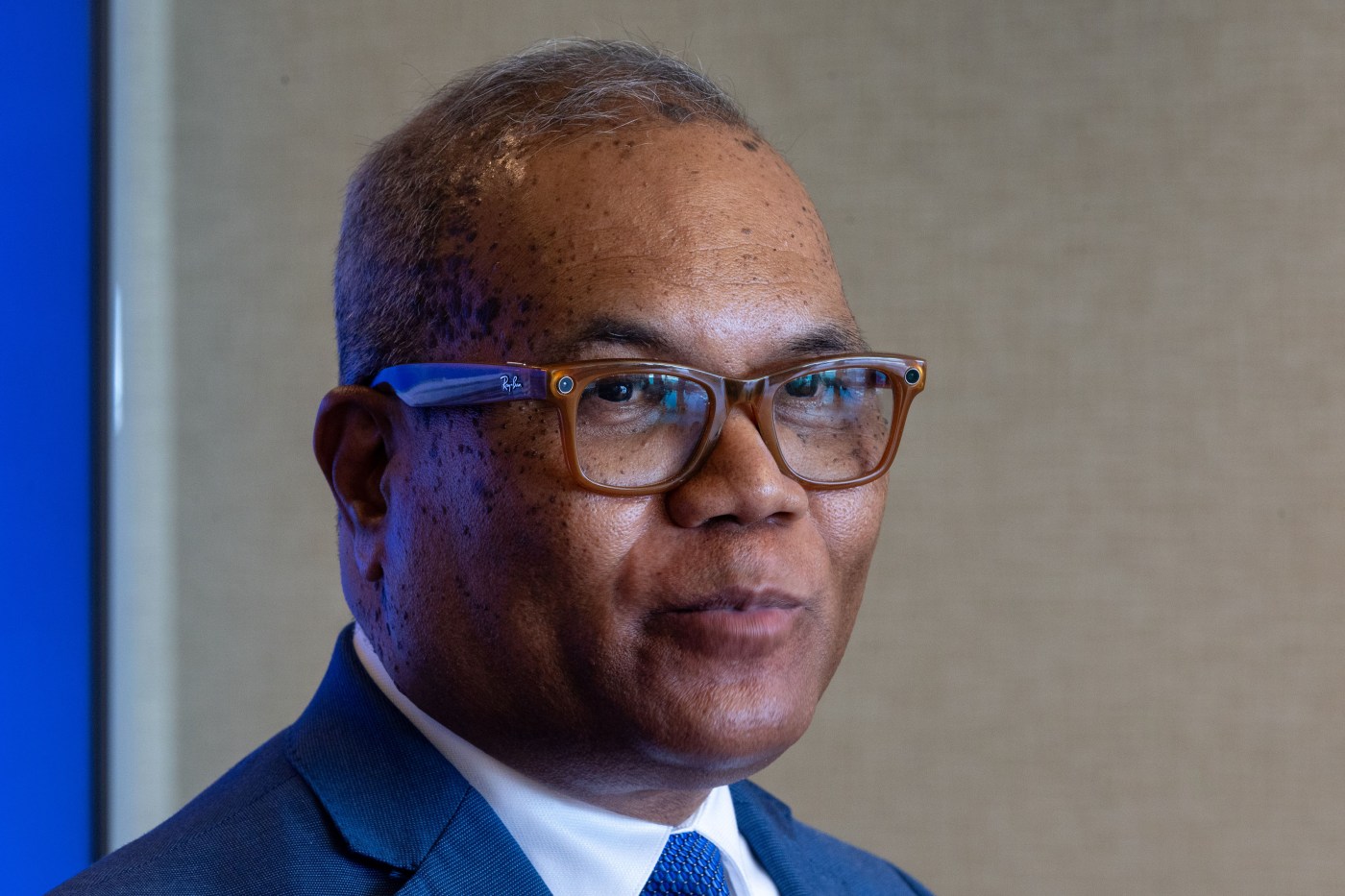
SAN JOSE — After taking the unprecedented step earlier this month of expelling internal affairs investigators from police shooting scenes, the San Jose Police Department has reversed course and restored the practice that had been in place for decades, officials said.
Related Articles
San Jose police make arrests in gang-motivated shooting, assaults
San Jose police union says contentious overtime changes will ‘kneecap’ investigations
San Jose police shoot, kill father after he stabbed son, 9, to death
San Jose cop charged with molesting girl was accused of domestic violence, sought foster parent credential
San Jose police officer arrested on suspicion of sexual assault against a minor
The matter became a proxy for a dispute between the police department and the city’s Office of the Independent Police Auditor, which in June asked the agency and City Council for the same walkthrough and observational access at police shooting sites as IA investigators.
Police auditor Eddie Aubrey made his request in part by citing how internal affairs, which like his office has no direct stake in the criminal investigation of a police shooting, is allowed to be inside the police tape and passively watch the activity, in part to form their own image of the scene that could be helpful in their evaluations of the incident.
The police department, backed by city leadership, opposed Aubrey’s recommendation on the grounds that criminal investigations needed to be tightly protected, and the City Council unanimously rejected it. The status quo remained at a fatal July 6 police shooting, and Aubrey’s staff got its routine summary briefing from internal affairs at the edge of the crime scene.
But when a tragic police shooting occurred a week later, involving a man who fatally stabbed his young son at a park then reportedly goaded responding police officers into fatally shooting him, Aubrey’s office got that summary over the phone. And while on the phone, they were notified that internal affairs personnel — whose briefings had become the only reason for the auditor’s office to go to shooting scenes — were now being kept outside the police tape too.
At a subsequent news conference, Police Chief Paul Joseph said the move to take internal affairs out of the mix was in response to what his department believed was a valid contradiction highlighted by Aubrey. Namely, that since internal affairs only had an administrative function at the shooting sites, they were not essential personnel that justified their access to the sensitive sights and sounds of a crime scene.
The decision to remove IA personnel from the sites took the department out of step from other comparable police departments and longtime industry practice. It also sidestepped the purpose of Aubrey’s request, which was to get more access for his office, not take it away from anyone who already had it.
Last week, the police department changed its mind. In a statement to this news organization, police said its policy change was made “in response to what it perceived as a concern by the Independent Police Auditor,” and aligned internal affairs’ access with that of Aubrey’s office.
In his own statement, Aubrey said his office’s response “expressed serious concern regarding this shift, emphasizing that early involvement by oversight and internal review bodies is essential to maintaining public trust, transparency and accountability during critical incidents.”
Police later acknowledged that position in explaining its policy reversal, saying “after the IPA raised concerns about the change, we resumed our previous practice” of allowing internal affairs at police shooting scenes.
The two sides appear to have reached detente, meaning everything is going back to the way it was. Both parties voiced a commitment to transparent investigations.
When asked to weigh in on the back-and-forth that ultimately led to what effectively amounts to a reset, Aubrey deferred to his statement on the IPA website.
“This decision reflects a constructive response to oversight concerns and reflects the importance of transparent and accountable policing,” he said. “The IPA’s protocol and commitment to independent civilian oversight have remained unchanged throughout.”